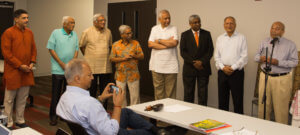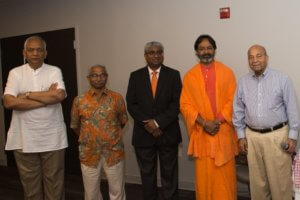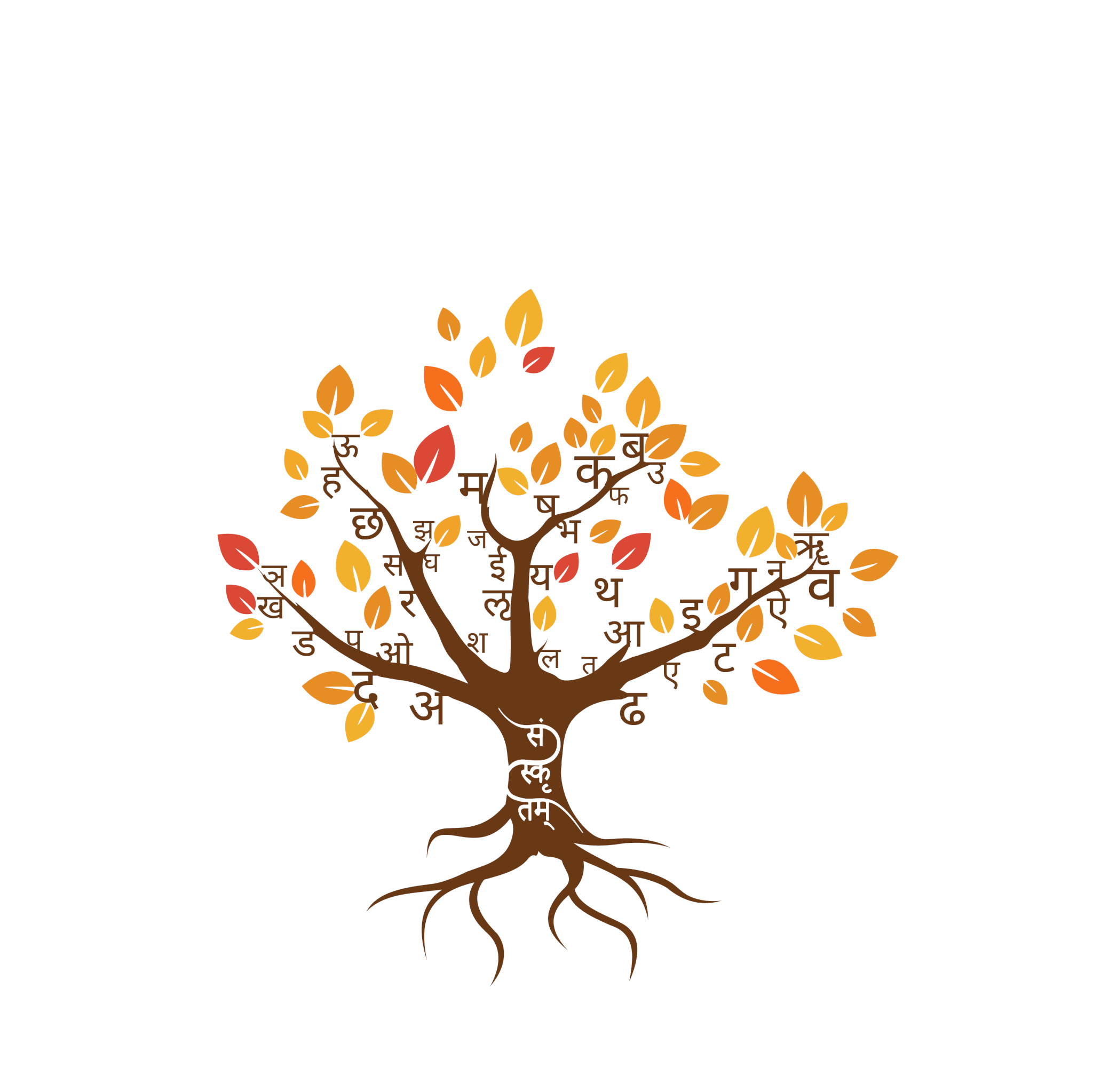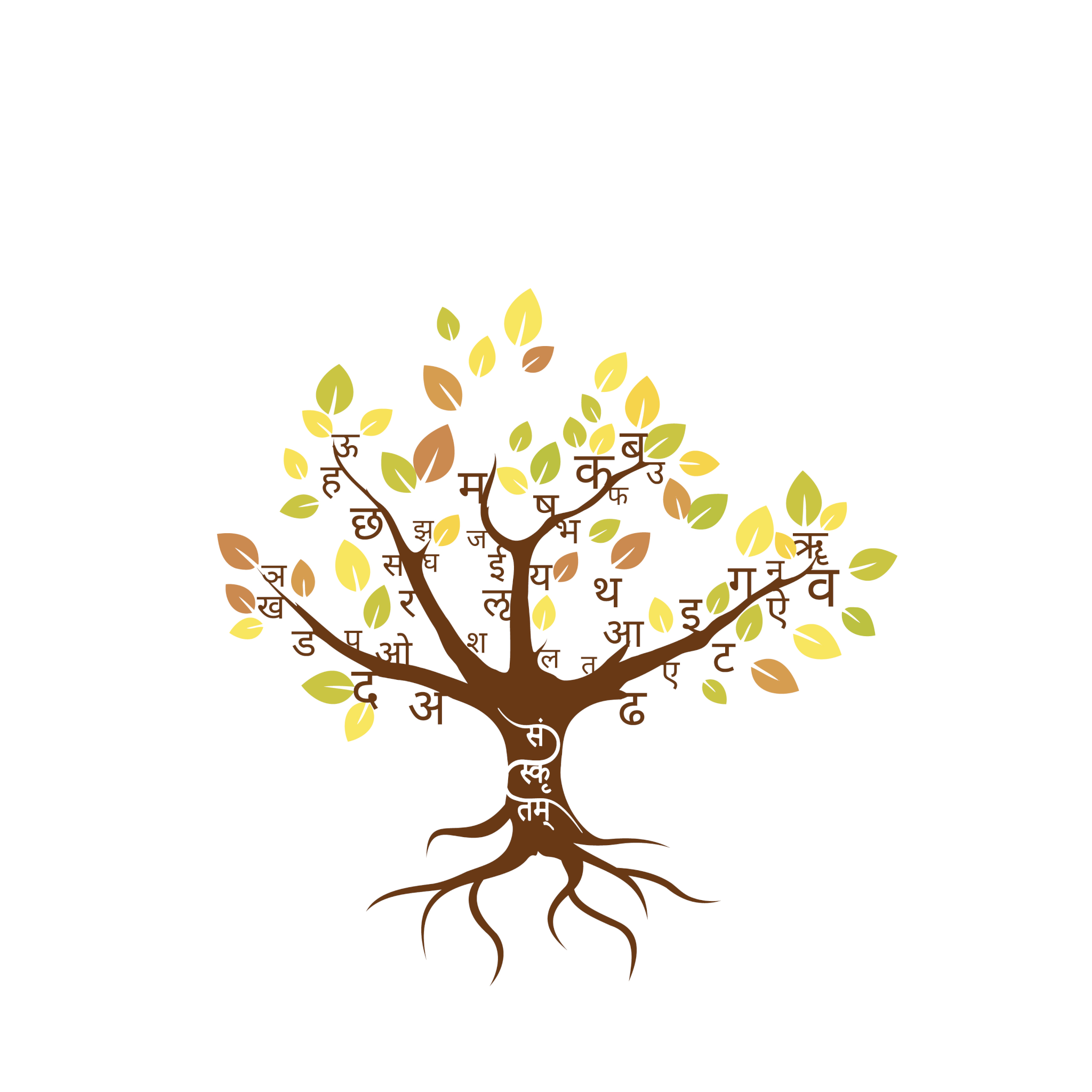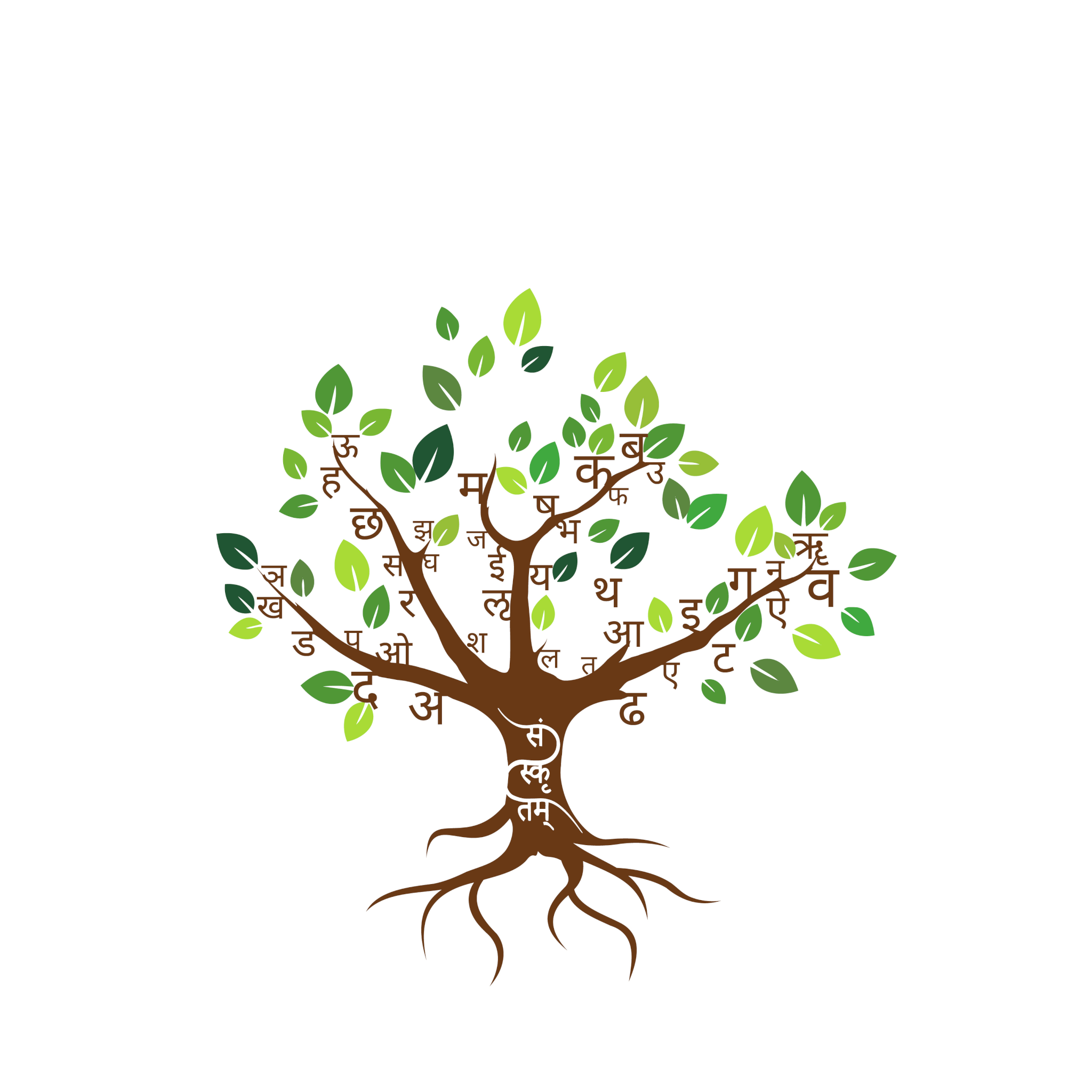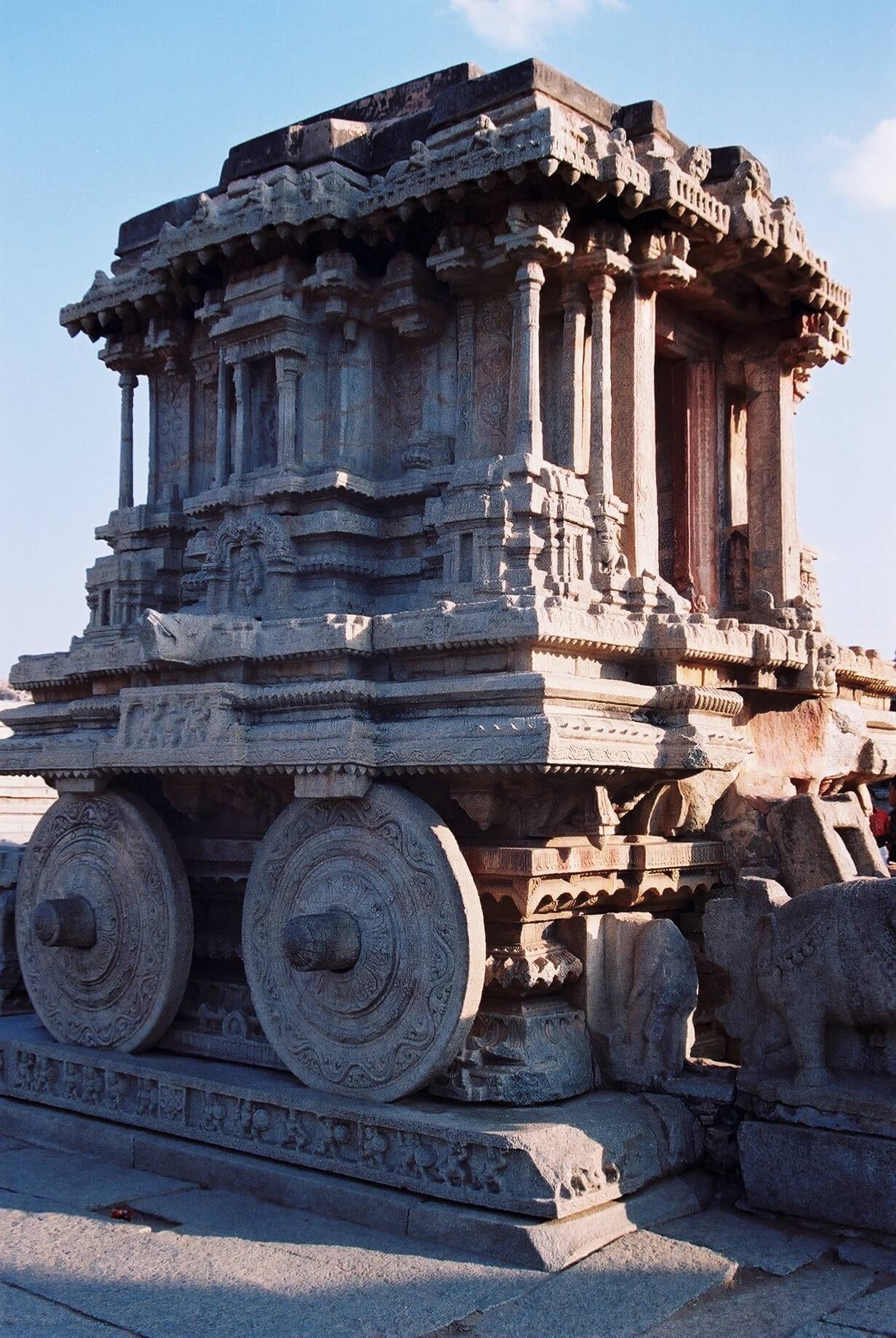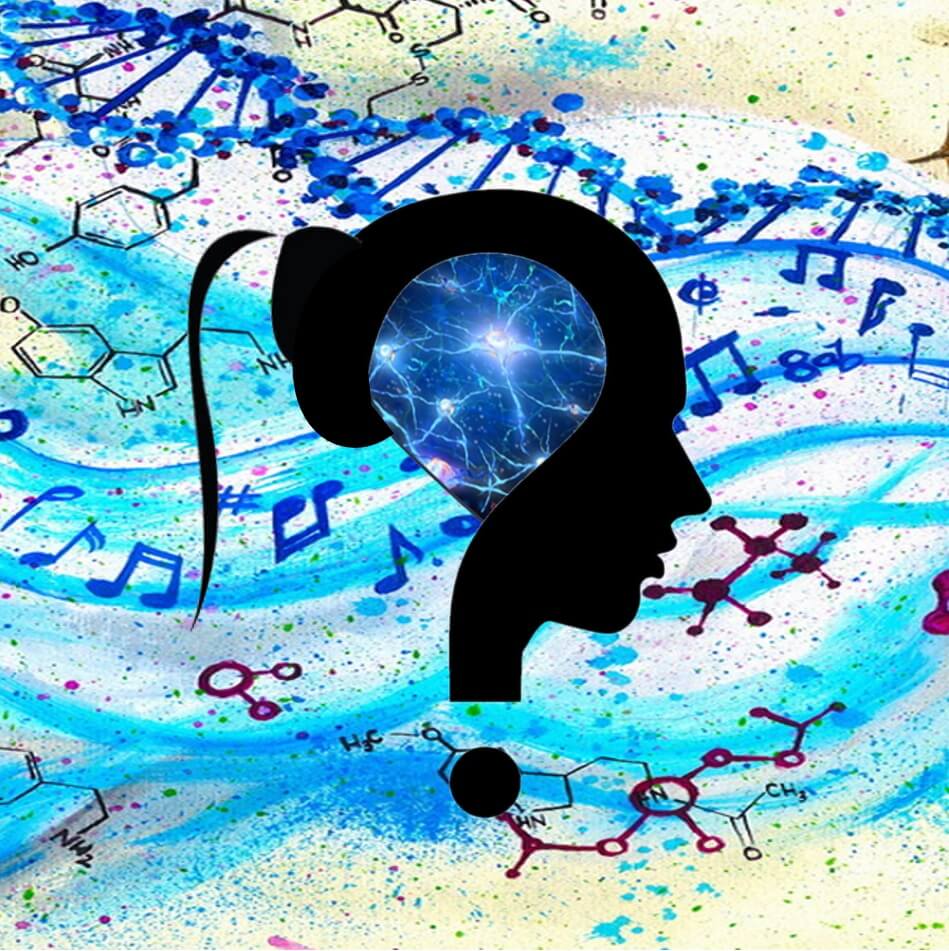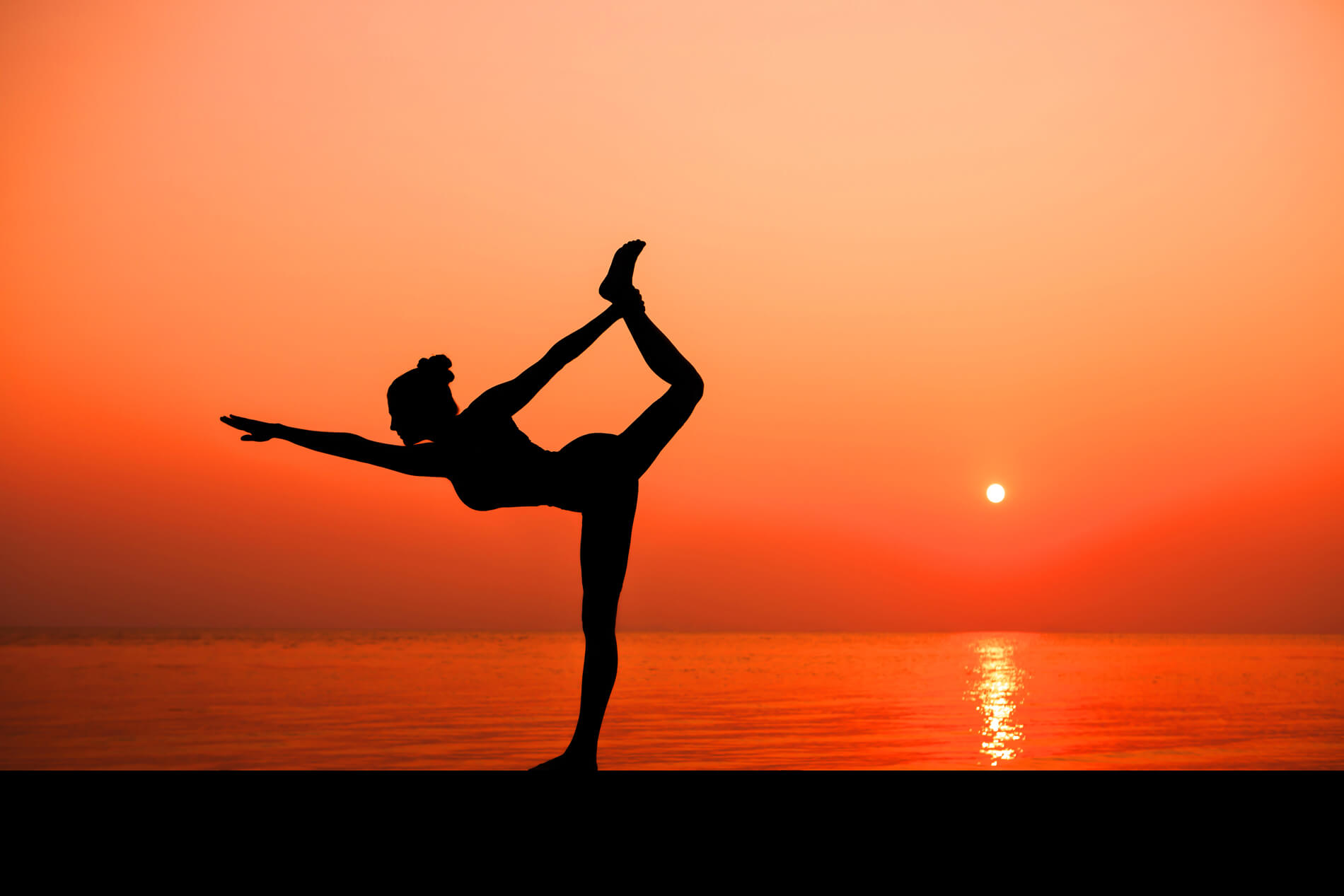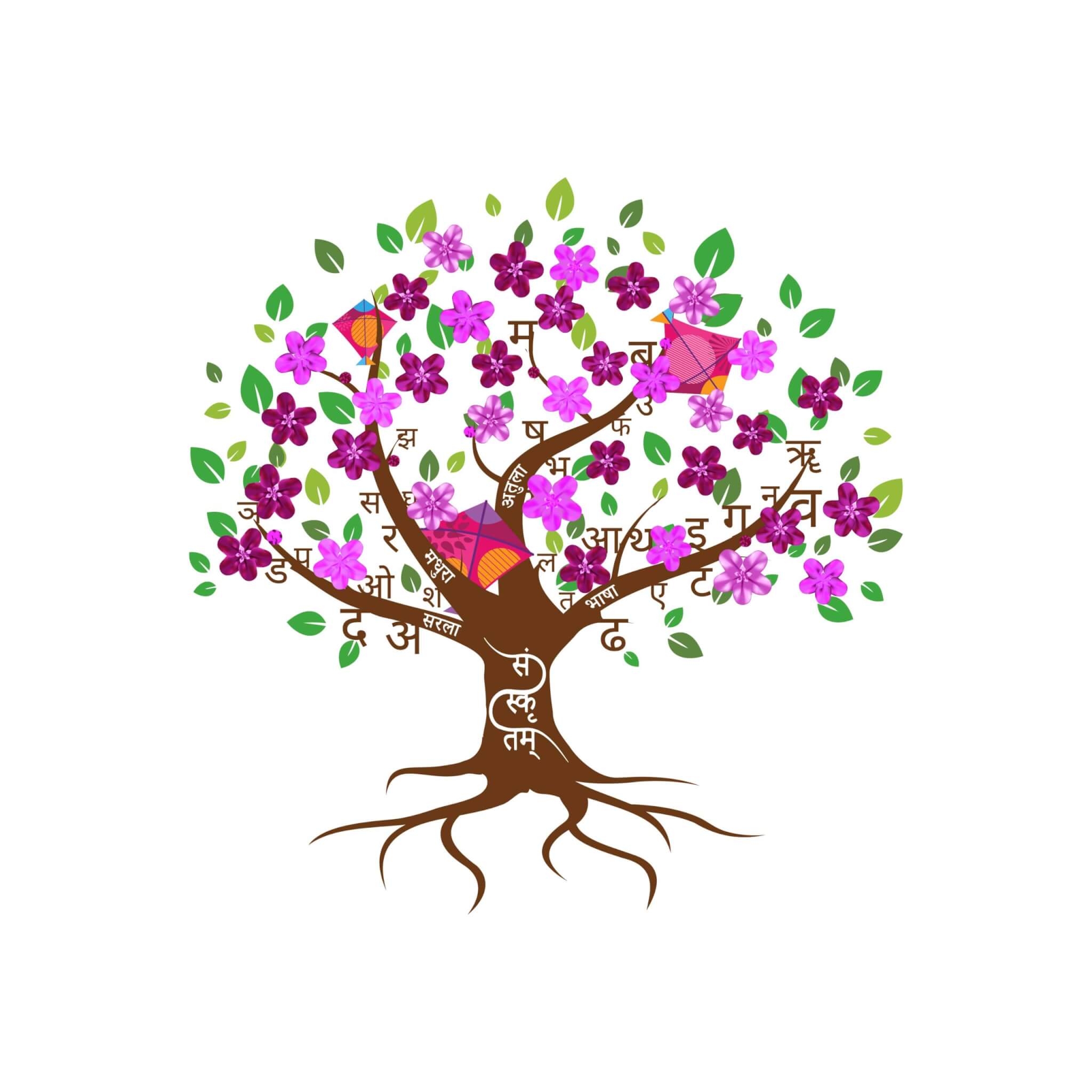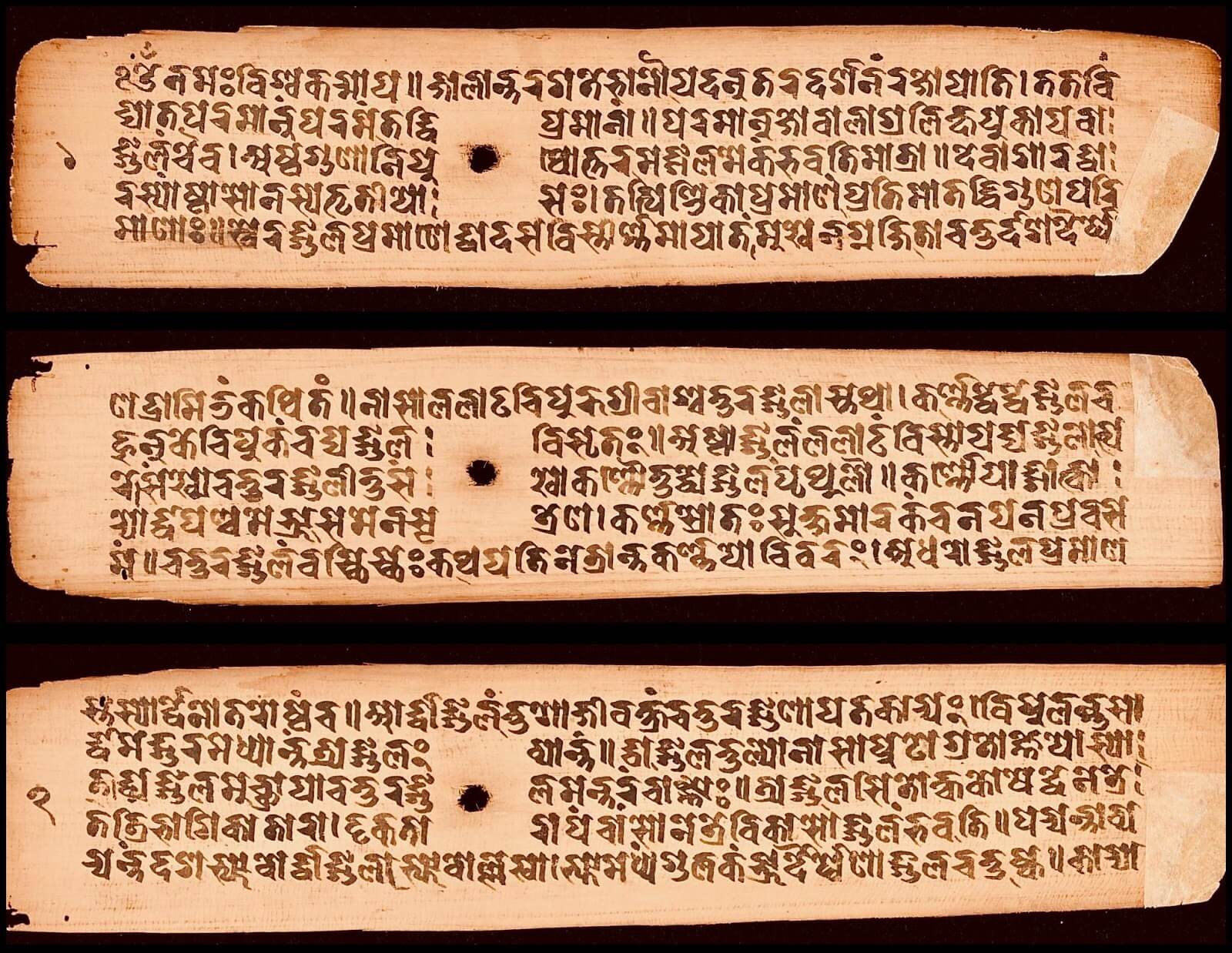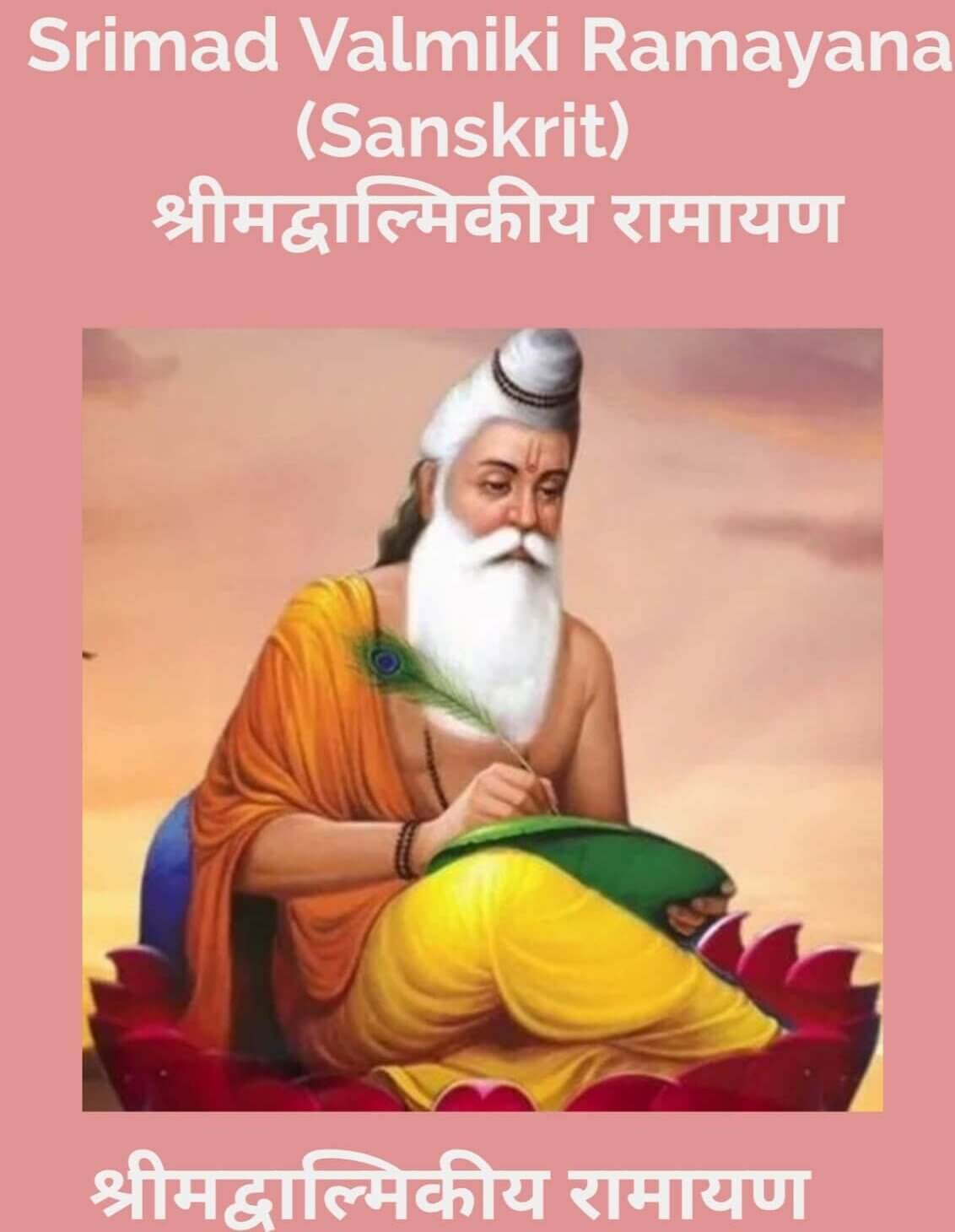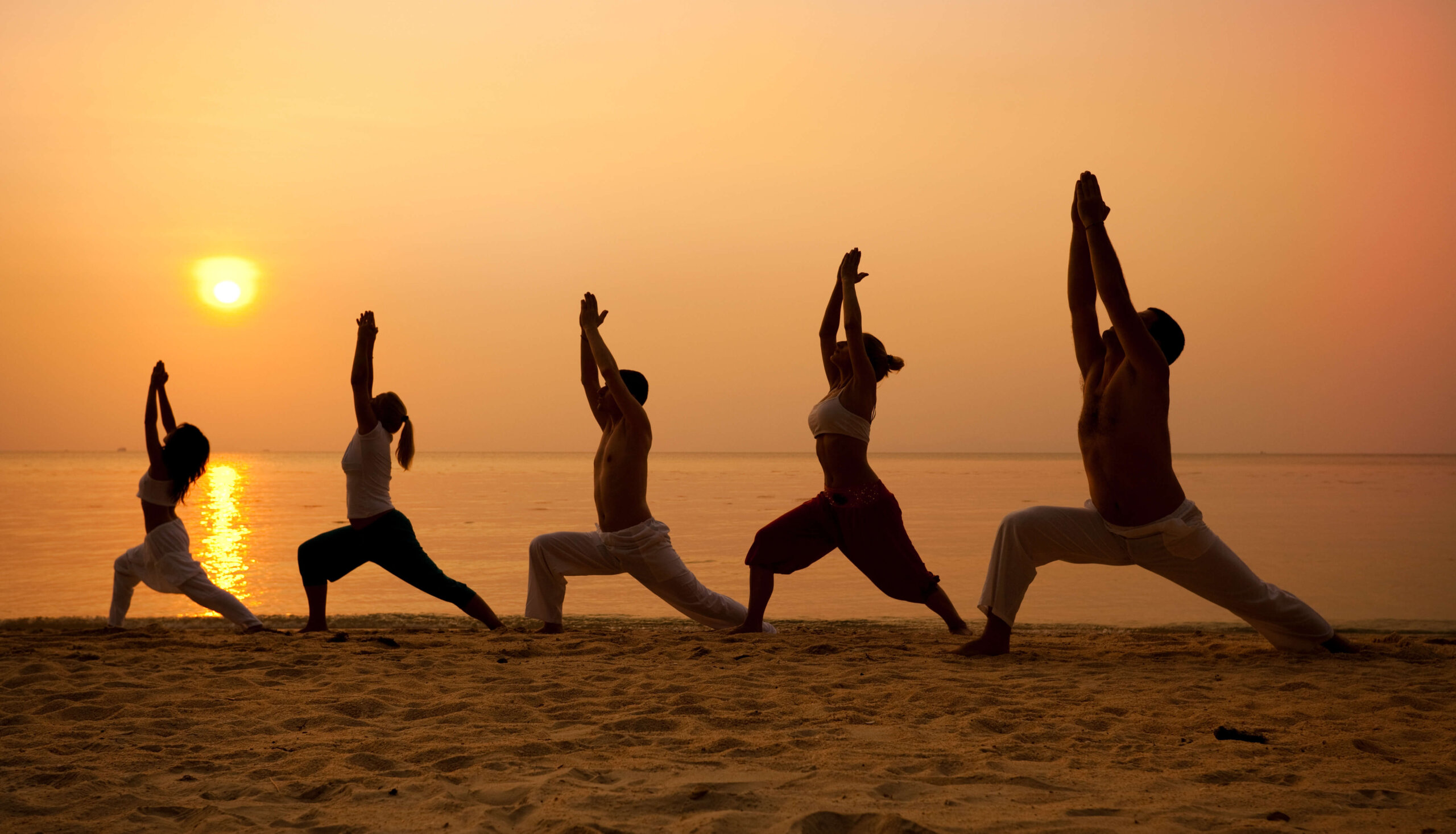
Applied Vedic Science – Advanced Yoga
Course Content:
This course introduces the portion of the Yogasutras that defines and discusses the systematic means – sadhana – of attaining the most exalted spiritual state and substantiates the process with reasons where necessary.
In this course students will be able to:
- Comprehend the means of attaining an exalted state of spirituality along with the systematic technical definitions of such means
- Logically understand the process presented in the Yogasutras
Area of Study: Sanskrit Studies
Required / Elective: Elective
Prerequisites: Completion of the Applied Vedic Science – Basic (Yoga)
Quarter Offered: Spring Quarter

Ayurveda – The Wisdom of Wellbeing
Course Content:
In the course, the role of food and nutrition in Ayurveda alongside methods of food preparation and consumption will also be discussed. We will also study the protocols to keep the body in good health through daily and seasonal routines (Dinacarya & Rtucarya). Students will develop an understanding of the stages of manifestation of illness in the body and how Pancakarma treatments and Ayurveda’s therapeutic formulations address them to maintain homeostatic balance in the body.
Course Learning Objectives:
In this course students will be able to:
- Understand and apply the principles of Ayurveda to enhance their lifestyle.
- Learn how to identify imbalances in their body and utilize the power of Ayurveda to address mild imbalances.
- Use consciousness-based principles of Ayurveda to improve interpersonal relationships
- Integrate Ayurveda and Ayurvedic protocols to make lifestyle adjustments for the whole family
Class Structure
There will be a minimum of 1 contact hour with the faculty every week. The curriculum will include reading, reflection, observation, and interactive practices. The class time will include an additional 30 minutes that will provide an opportunity for Q&A and group discussion.
Required / Elective: Required
Area of Study: Text & Traditions
Prerequisites: Admission into a Program of Study
Faculty / Instructor: Ms. Luvena Krishnamurthy
Start Time: July 17, 2023
End Date: September 25, 2023
Day: Monday
Time: 09:00 pm EST – 10:30 pm EST
Holidays: Labor Day (September 4, 2023)
Quarter Offered: Spring 2023
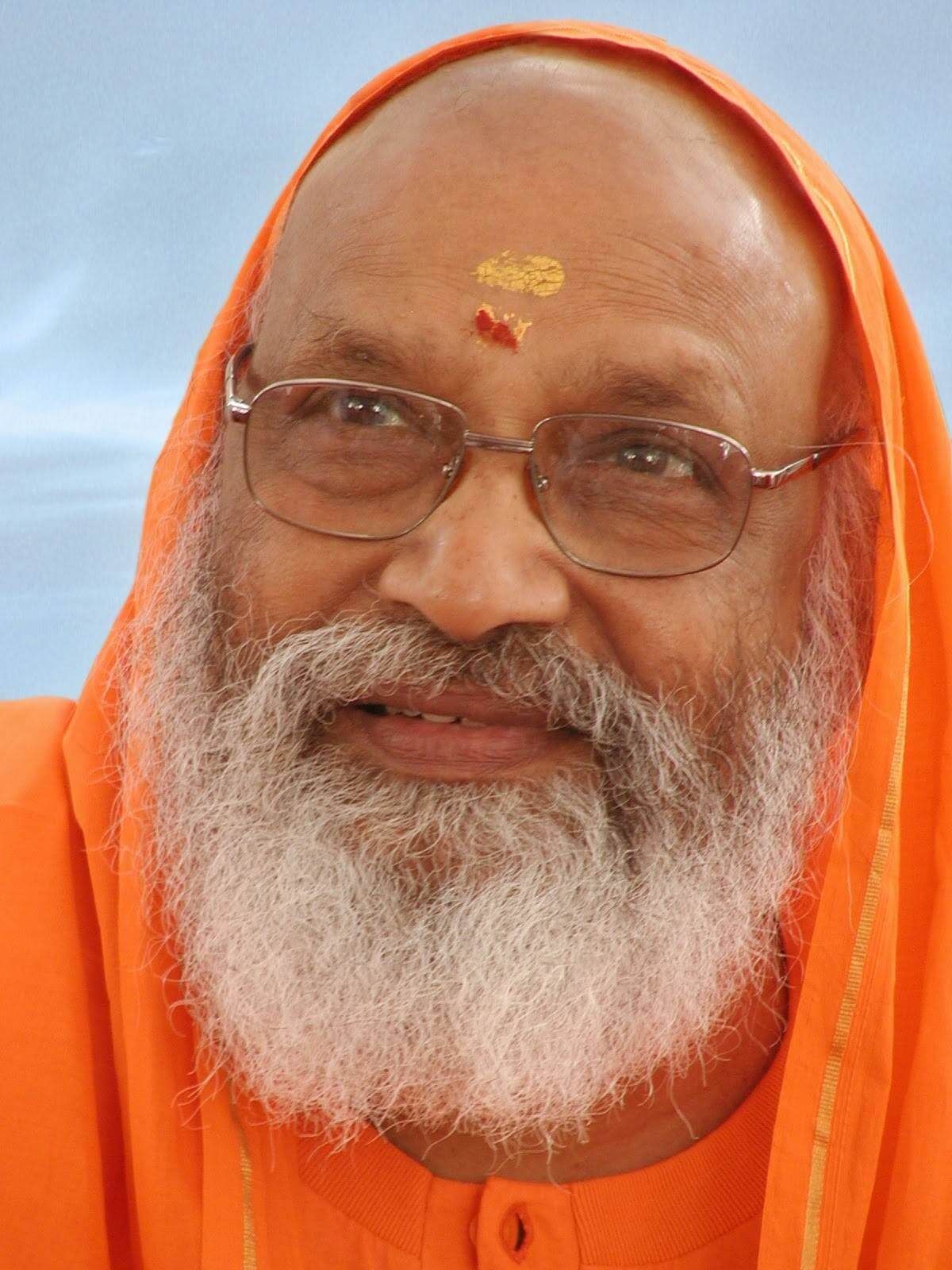
Advaita Vedanta
Learning Outcome:
- Effectively analyze the nature of the human problem and the scope of knowledge and action as means (sadhana) for solving it.
- Understand Advaita Vedanta’s epistemology and its relevance to the human problem.
- Gain clarity on the Advaita view of reality and non-duality.
- Learn the prerequisites for the knowledge of Advaita and the means to gain them.
- Recognize and analyze the differences between some modern and ancient interpretations of Advaita. and the traditional view of Sankara.
The vision of Advaita Vedanta is that one, non-dual consciousness is the content of you, the world, and the cause of the world. It is both immanent and transcendent and can be known by a human being who has equipped himself/herself with the necessary prerequisites. This knowledge, contained in the Upanisads, releases the individual from the problem of human suffering.
In this course we will explore the nature and substance of this liberating knowledge through key dialogues in some of the major Upanisads, using as a guide the commentary of Sankara, Advaita’s seminal exponent.
We will also explore the qualifications required for this knowledge and the prescribed means for acquiring them. In conclusion, we will examine some competing views on Vedanta, including modern interpretations. The course is designed to introduce in a comprehensive but accessible way, the vision of Advaita Vedanta.
Required/Elective: Required
Prerequisites: Must have completed or been concurrently enrolled in Orientation in Hindu Studies
Faculty/Instructor: Swamini Agamananda Saraswati
Area of Study: Hindu Studies Foundation
Start Date: July 17, 2022
End Date: September 18, 2022
Day: Sunday
Time: 09:00 am EST – 12:00 pm EST (6.30 pm IST – 9.30 pm IST)
Quarter Offered: Summer 2022
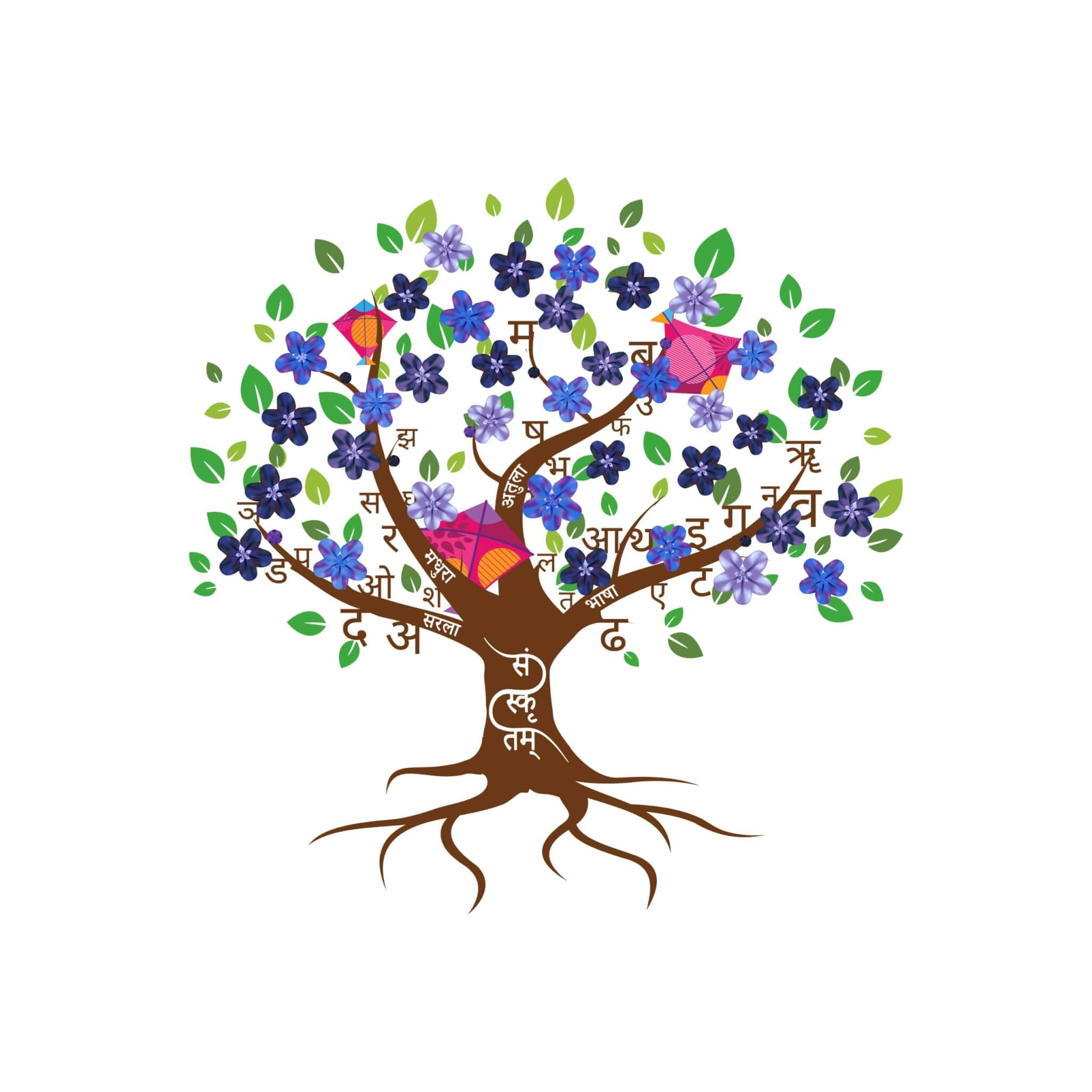
Intermediate Sanskrit – IV
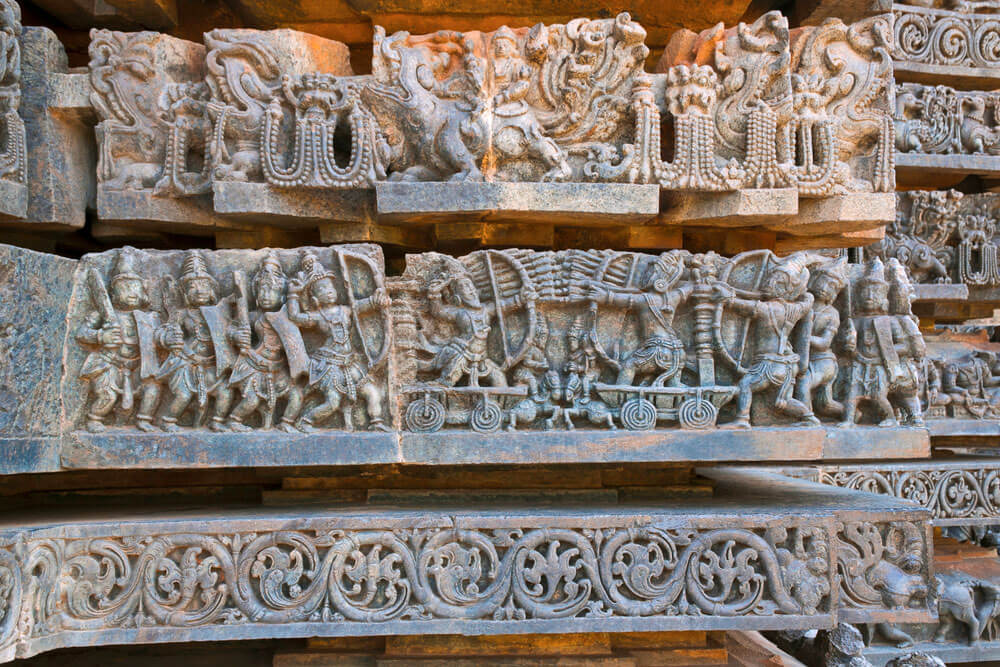
Mahabharata II: Dicing and Exile







